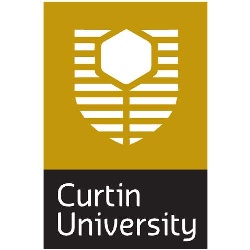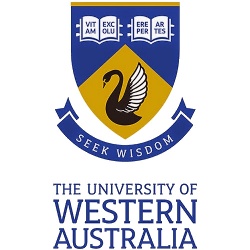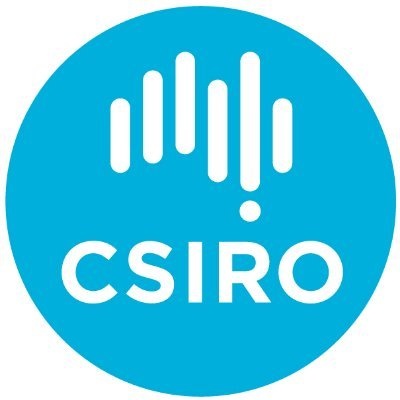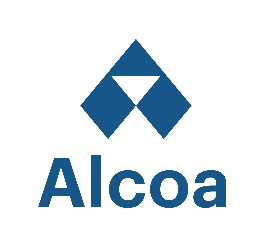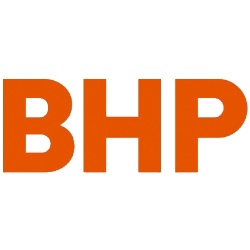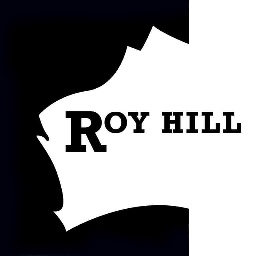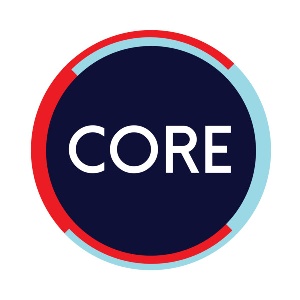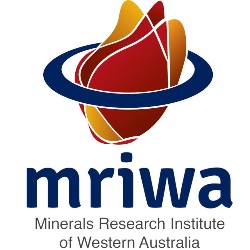Researchers Catch-up - Venue Curtin University Building 216 Innovation Centre Collaboration Area.
Remaining useful life (RUL) estimation is a key element of maintenance and risk assessment for industry. We know for oil and gas sector that RUL estimation is guided by well-established recommendations and proliferating research. On the other hand, other sectors such as mining and mineral processing face difficulties, partly due to the smaller amount of available data, which is also of poorer quality and less variety.
My aim is to present new options for pipeline RUL estimation that compensate for those data aspects that affect our industry partners. I make use of historical and contextual data to reduce the uncertainty of RUL estimates.
I am using a Bayesian framework, which has been used in similar pipeline applications, where the degradation is assessed through ultrasonic inspections under a non-regular inspection schedule. Building on these findings, we implemented a multilevel Bayesian model to produce RUL estimates for a small sample of pipes in a minerals processing operation.
This presentation will discuss the selection of the model was based on its capability to incorporate
- a degradation path model;
- an uncertainty measurement model;
- a hierarchical structure; and
- prior information on degradation rate.
My work has been able to identify some of the differences between the two approaches as well as suggesting pathways for future research. I am looking forward to presenting to you my findings to date.
